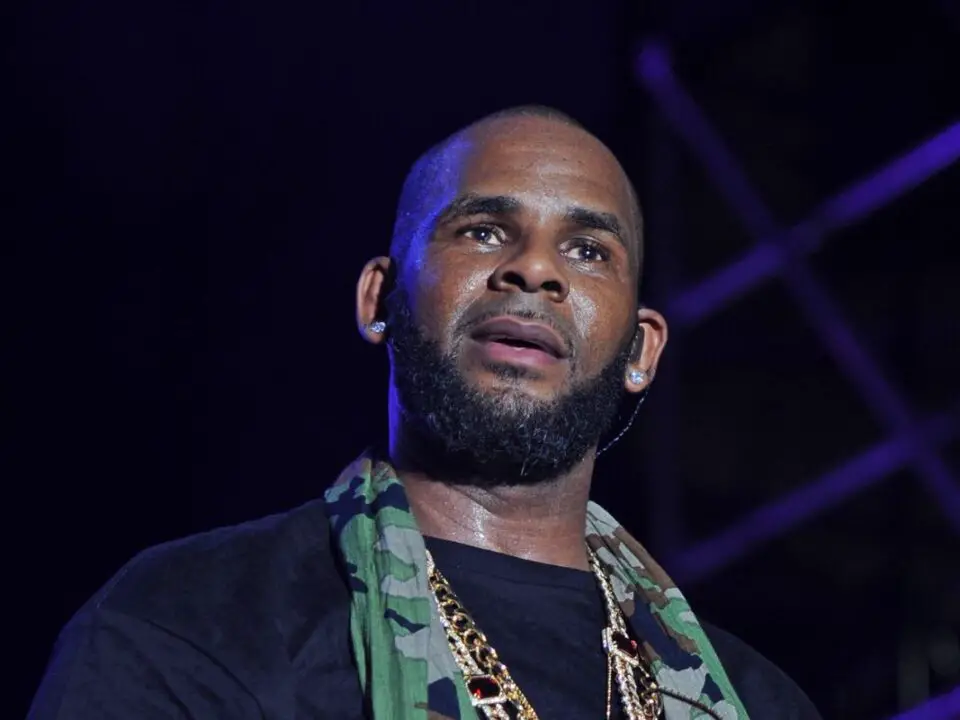R. Kelly appealed his conviction for sex trafficking and racketeering in New York.
According to court documents obtained by AllHipHop, R. Kelly’s lawyer Jennifer Bonjean argued her client didn’t receive a fair trial in his appeal. The attorney cited several examples of how the disgraced singer was allegedly wronged by the government.
Bonjean claimed the jury wasn’t impartial. The lawyer said at least four jurors were unfit to serve in R. Kelly’s trial.
“Defendant is entitled to a new trial where the record shows that at a minimum, four of the seated jurors (Jurors 3, 4, 5, & 12) were not qualified to serve,” Bonjean wrote. “Two of them had watched the inflammatory, tabloid docuseries Surviving R. Kelly.”
She added, “Trial counsel’s performance was objectively unreasonable when he failed to move to disqualify patently unqualified jurors and failed to conduct any meaningful voir dire of prospective jurors who expressed their prejudgment of the case. Defendant was prejudiced by his counsel’s substandard performance where it resulted in the seating of at least four jurors who were actually biased and could not act with impartiality.”
Bonjean suggested much of the evidence against R. Kelly was insufficient. She also criticized the court for allowing “bad character evidence” to be presented at the trial.
“Defendant’s trial was engulfed by irrelevant and excessive bad character evidence that added little to the jury’s assessment of whether Defendant committed the charged offenses,” Bonjean wrote. “Indeed, the six-week trial was comprised overwhelmingly of uncharged bad act evidence that served no legitimate evidentiary purpose. With the court’s blessing, the government smuggled in a mass of repugnant conduct under the guise that the evidence demonstrated the ‘means and method’ of a non-existent enterprise.
She continued, “This case was not about an enterprise; it was about the conduct of one man who the government sought to punish for his alleged history of mistreating women. As such, the mountain of bad act evidence offered in this prosecution was nothing more than inadmissible and unduly prejudicial propensity evidence. Because Defendant was forced to defend against dozens of uncharged claims of abusive and sexual misbehavior – much of it lawful albeit unpalatable for some – Defendant was stripped of the presumption of innocence and denied a fair trial.”
A New York judge sentenced R. Kelly to 30 years in prison for his sex crimes. His appeal seeks to overturn his conviction or grant him a new trial.

